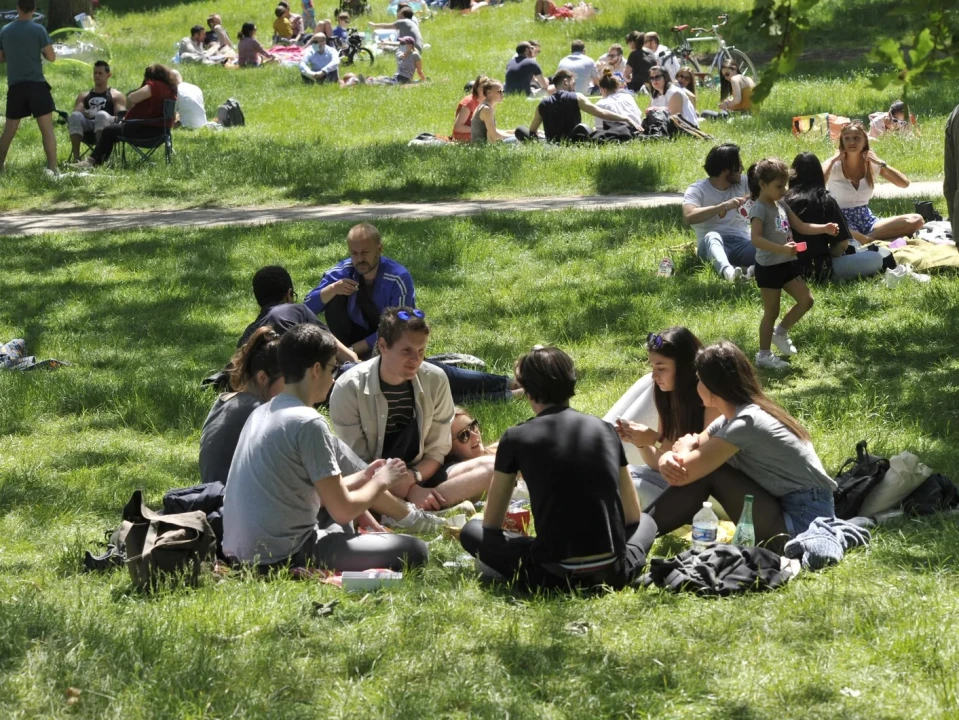"Pasquetta" is the name used in Italy for the Monday after Easter Sunday: it's a public holiday, like in many other parts of the world, though it has different names and traditions in various places. It is also called “Lunedì dell’Angelo” (Angel's Monday) because of the Gospel story where an angel—two, according to the Gospel writers Luke and John—announced the resurrection of Jesus to Mary Magdalene, Mary the mother of James and Joseph, and Salome, who went to Jesus’ tomb and found it empty.
According to the Gospels, the angel’s announcement and the visit to the tomb occurred on the day after Easter, which was the Jewish Passover, on a Saturday. Later, with the adoption of Sunday as the Christian Easter, the angel's appearance was moved to Monday.
Pasquetta is not considered a "holy day of obligation" in Catholic liturgy, but as a civil holiday in Italy, it was introduced in 1949 to extend the Easter holiday by one more day. It is celebrated throughout much of Europe, several African countries, Canada, and Australia. Like Easter, it is a “movable feast”: it doesn’t fall on the same date every year but is observed on the Monday following Easter, which changes each year based on the spring equinox and the lunar phases. In Italy, Pasquetta is associated with the tradition of the "gita fuori porta," often meaning a group outing for a picnic or lunch at an agriturismo. This tradition spread particularly starting in the 1950s, during the economic boom and modernization of society, and over time has become more popular. However, recently, the weather seems to have taken issue with this Italian custom. Since 1975, it has rained on Pasquetta about half the time, ruining Italians' plans for picnics or outdoor barbecues, and the temperatures have rarely exceeded 24°C (75°F). This year is expected to be no different.
The term "Pasquetta" doesn’t have the same meaning throughout Italy. For example, "Pasquêta" for people from Genoa and Bergamo is January 6th, not Angel's Monday, while "Paschixedda" for Sardinians refers to Christmas, so December 25th.



